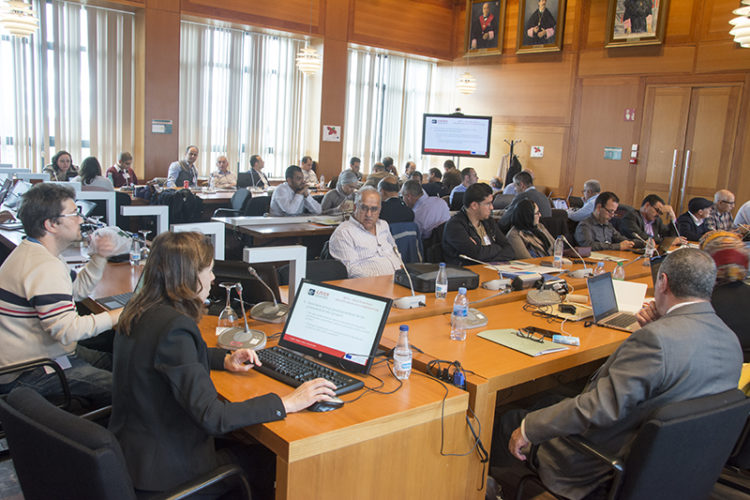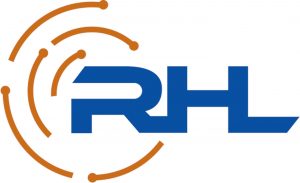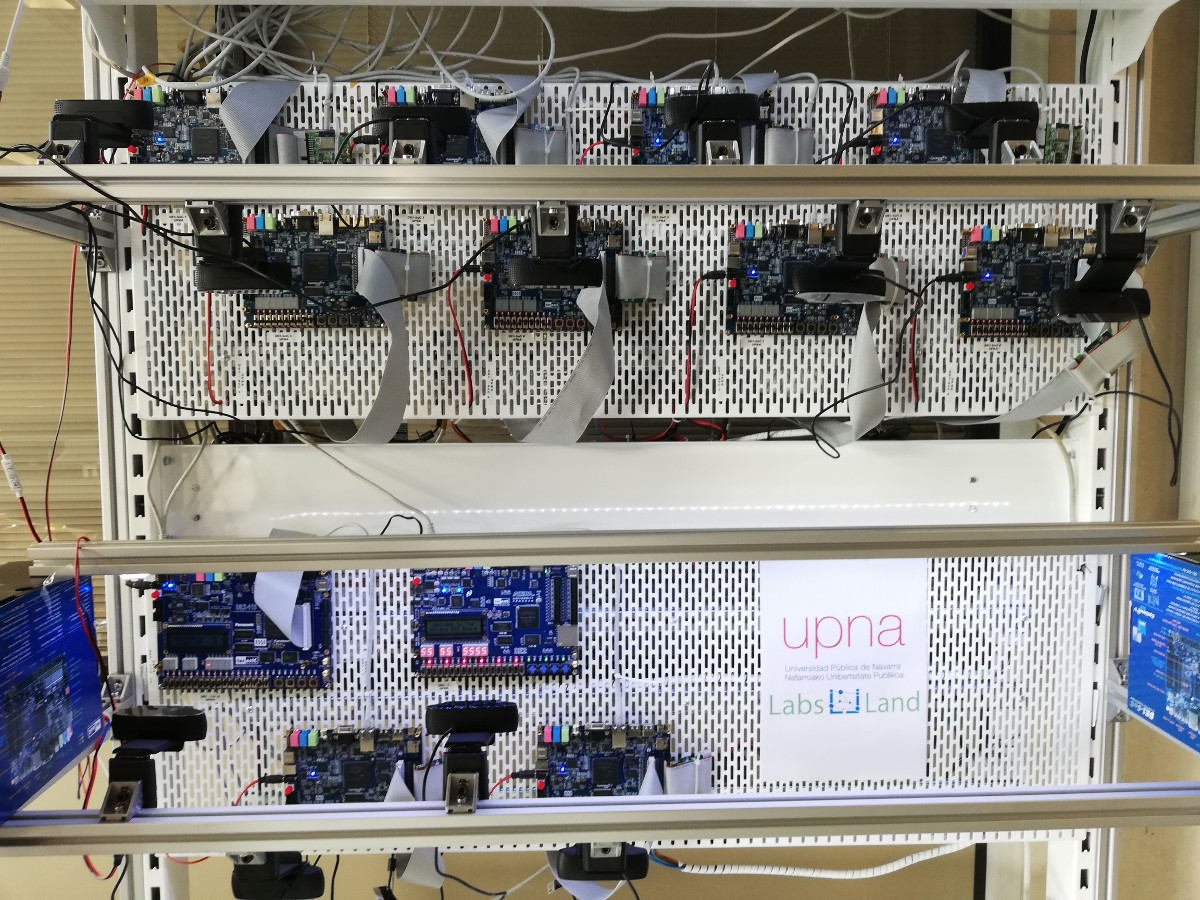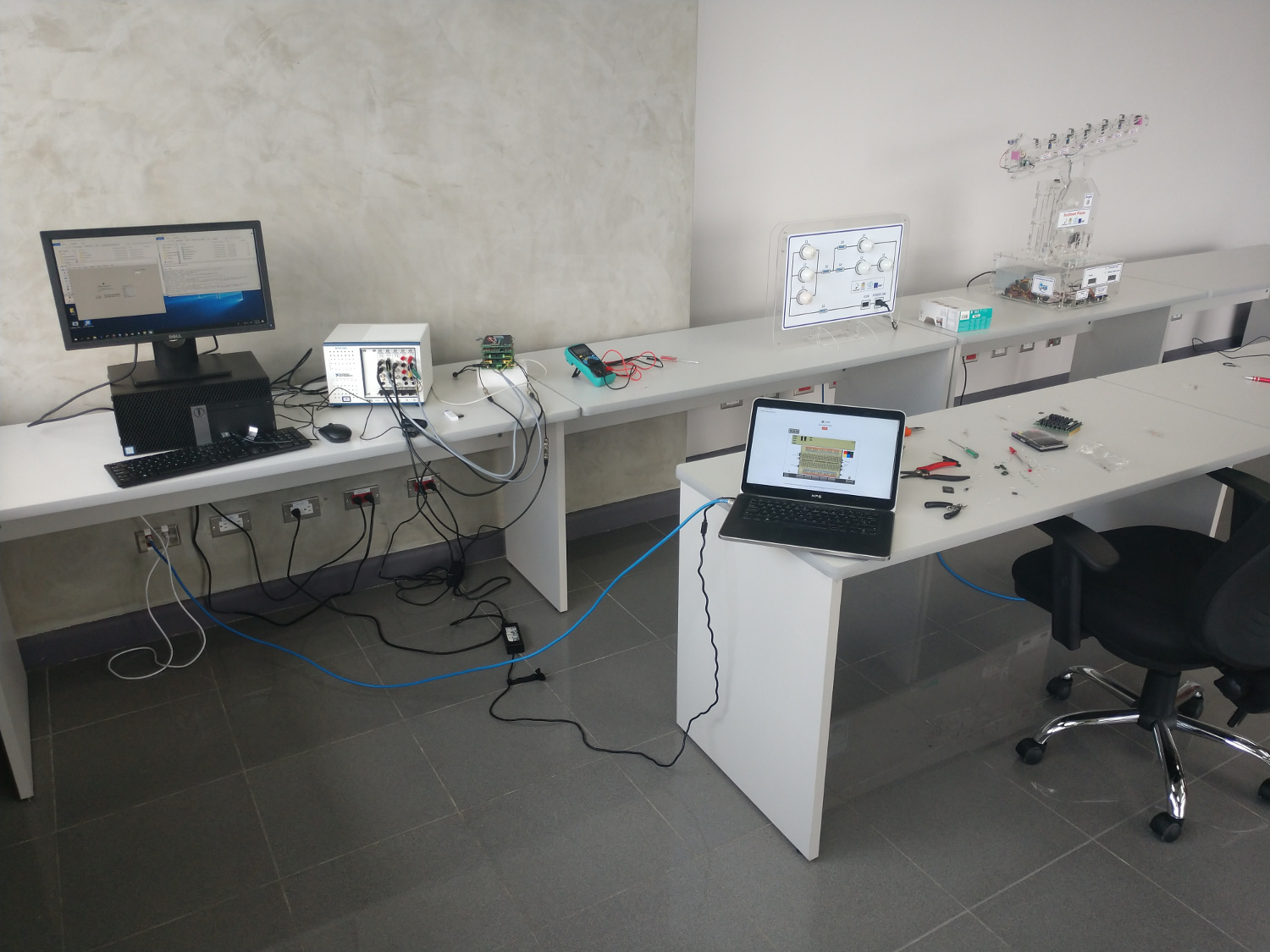This week the e-Lives project celebrates its 2nd General Assembly, in Madrid. This time, the National University of Distance Education (UNED) is in charge of hosting it. For three days, the different members of the project, including LabsLand, will present and discuss the progress they have made. Also, they will consider the next steps to follow. e-Lives is an Erasmus+ project. It involves remote laboratories, and it has great potential for social impact and for improving distance engineering education.
The place
Each year, one of the institutions participating in the project hosts a General Assembly. In this case, the place is UNED, in its Faculty of Computer Science, in Madrid.
The e-Lives project
The e-Lives project is an Erasmus+ European project. Erasmus + are cooperation projects, often seeking to have a positive social impact. In this case, four European universities, nine universities from partner countries, an industrial partner (we) and one association take part in it.
Presently, the importance of online education keeps growing. In the associated countries, particularly, the number of students reaching higher education has doubled in recent years. However, adapting to this demand is a significant challenge. To overcome it, online education (e-Learning) is a tool with enormous potential.
The e-Lives project seeks to develop innovative solutions for online education applied to engineering. Therefore, some of the members that participate in the project have significant experience in this type of solutions, in the creation of remote laboratories and in the creation of online engineering courses. The project seeks to transfer some of that knowledge to partner countries. In this way, after the project, they will be able to create their own e-engineering solutions, in a completely autonomous way.
The final goal of the project is, therefore, to leverage the advances in e-engineering to create a significant positive social impact and to help improve engineering education throughout the partner countries.




